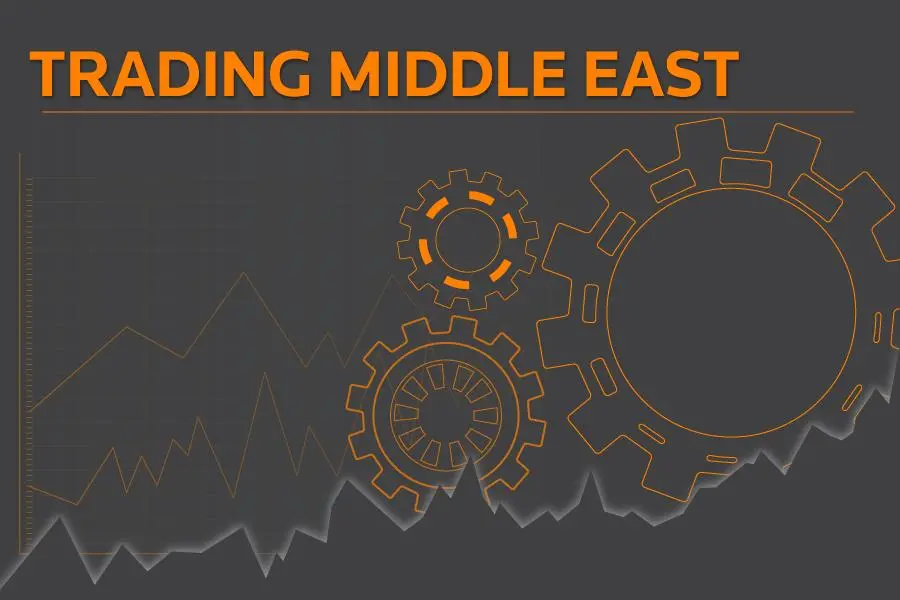PHOTO
Oil prices dropped early on Wednesday after the American Petroleum Institute (API) late on Tuesday reported a surprise 5.3 million barrels rise in crude sticks in the week to March 23, to 430.6 million barrels.
Investors will be awaiting official United States inventory data that will be published by the Energy Information Administration (EIA) late on Wednesday.
“We’ll see how the inventory data looks and whether these recent highs can be challenged again. For the moment it is looking like both WTI and Brent are stalling,” Greg McKenna, chief market strategist at futures brokerage AxiTrader told Reuters.
U.S. WTI crude futures were at $64.71 a barrel by 0356 GMT, down 54 cents, or 0.8 percent, from their previous settlement.
Brent crude futures were at $69.65 per barrel, down 46 cents, or 0.7 percent.
In stocks, Asian shares dropped on Wednesday, tracking a decline on Wall Street overnight on concerns about tighter controls on the tech industry.
On Wall Street, the S&P 500 lost 1.73 percent and the Nasdaq Composite dropped 2.93 percent, marking their fourth decline in five sessions.
“There is a sense that there will be more regulations on Facebook or FANG and that the cost of compliance will increase,” Nobuhiko Kuramochi, chief strategist at Mizuho Securities told Reuters.
MSCI's broadest index of Asia-Pacific shares outside Japan fell 0.9 percent, with tech-heavy Korean shares falling 1.4 percent.
In the Middle East, Saudi Arabia’s stock market outperformed the region, as traders anticipate the market’s inclusion into the secondary FTSE Russell emerging market index later today.
The Saudi index rose 1.1 percent, bringing its gains so far this year to 9.9 percent.
Saudi Basic Industries and Al Rajhi Bank have been among the main beneficiaries of inflows anticipating a positive decision. That trend continued on Tuesday, with SABIC rising 2.6 percent and Al Rajhi up 1.4 percent. The biggest listed bank, National Commercial Bank , climbed 1.3 percent.
Dubai’s index finished the session 0.4 percent lower. Theme park operator DXB Entertainments, which fell 2.7 percent on Monday after reporting a 1.12 billion dirham ($305 million) loss for last year, plunged a further 7.8 percent to a record low in heavy trade.
Emaar Properties and Deyaar Development slipped 1.6 percent and 2.1 percent respectively.
Abu Dhabi’s index dropped 0.8 percent, dragged down by United Arab Bank (UAB) and Abu Dhabi National Energy Co (TAQA).
UAB was down 9.6 percent on Tuesday while TAQA shed 6.3 percent.
The Qatari index closed 0.2 percent down with Qatar International Islamic Bank plunging 8.1 percent as it went ex-dividend.
In Egypt, the blue-chip index gained 1.0 percent as Qalaa Holdings last traded 9.7 percent higher at 2.48 Egyptian pounds in heavy volumes, taking its gains to 78 percent so far this month, though it remains far below record highs above 10.0 pounds hit years ago.
Investors are awaiting the launch of Egyptian Refining Co, in which Qalaa is a key shareholder.
Kuwait’s index was down 0.1 percent, while Bahrain’s index rose 0.1 percent and Oman’s index was up 0.02 percent.
In currencies, the dollar was trading 0.1 percent lower on Wednesday against a basket of six major currencies, as global trade tensions kept pressuring the greenback.
Gold prices edged higher early on Wednesday. Spot gold was up 0.2 percent at $1,346.96 per ounce at 0135 GMT.
In other news, Iraq’s planning ministry said on Tuesday that the country intends to source all sugar and oils for its food rationing programme from local manufacturers this year.
For access to market moving insight, subscribe to the Trading Middle East newsletter by clicking here
Our Standards: The Thomson Reuters Trust Principles
Disclaimer: This article is provided for informational purposes only. The content does not provide tax, legal or investment advice or opinion regarding the suitability, value or profitability of any particular security, portfolio or investment strategy. Read our full disclaimer policy here.
© ZAWYA 2018




















